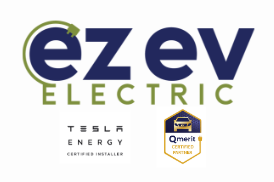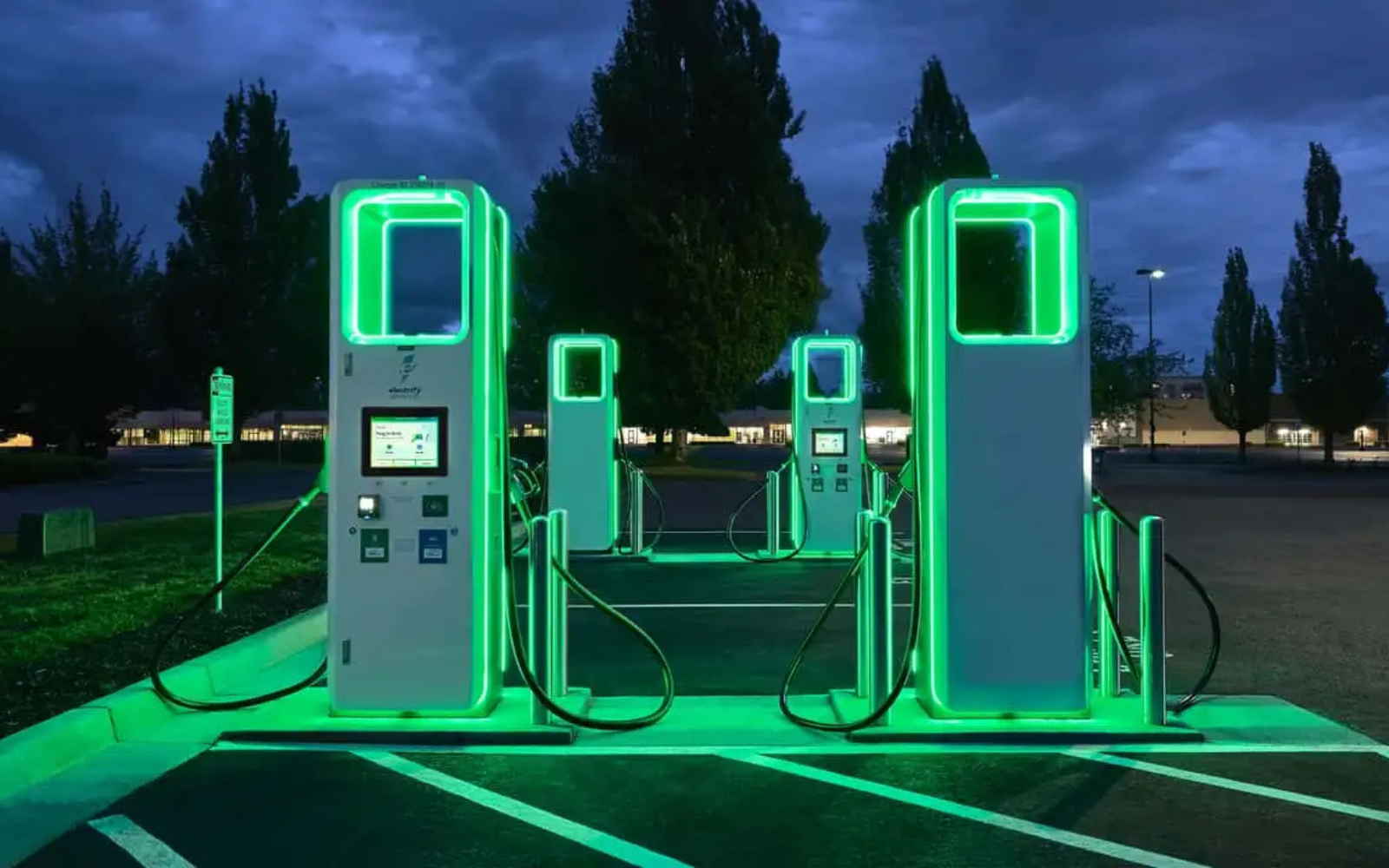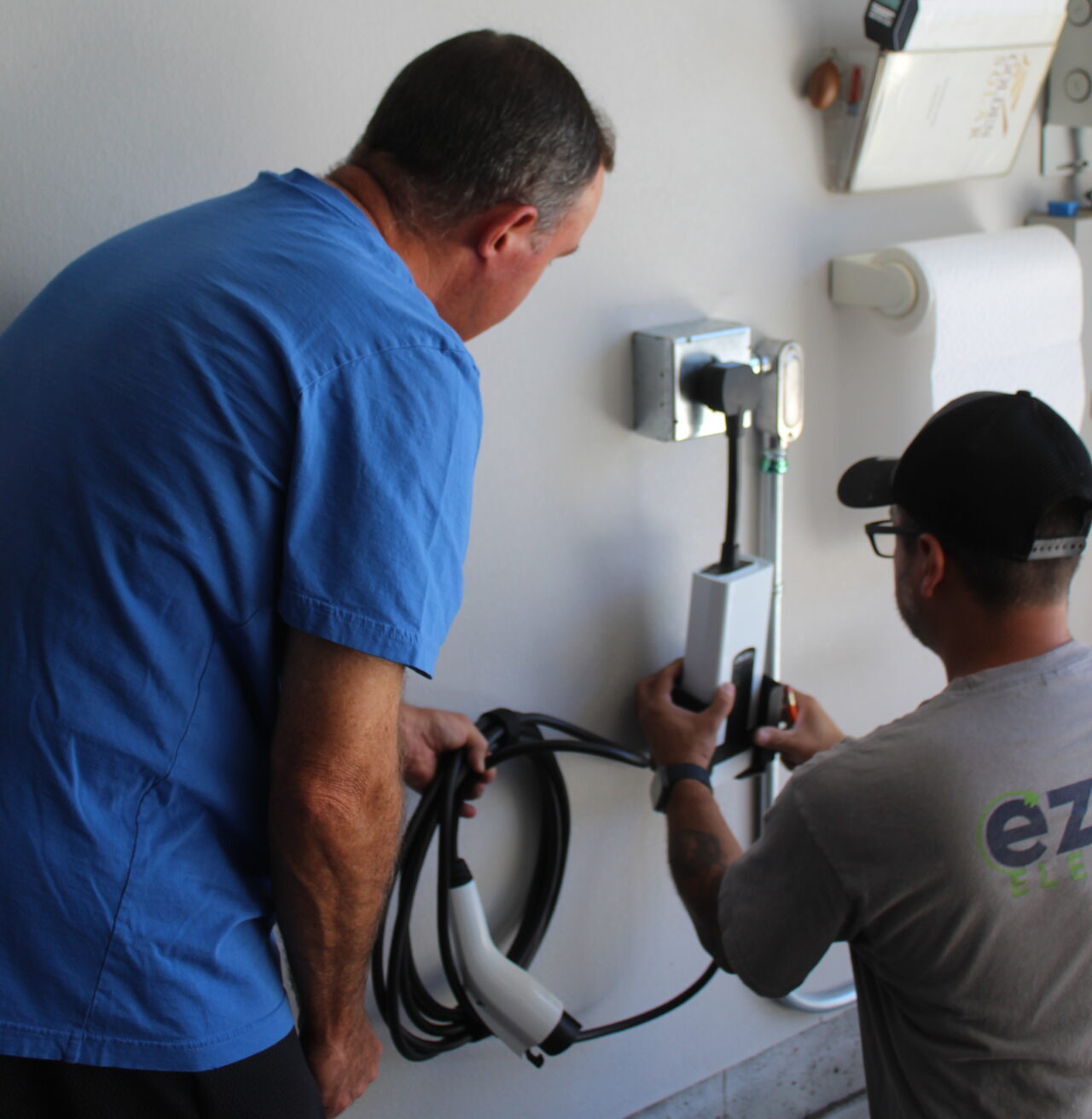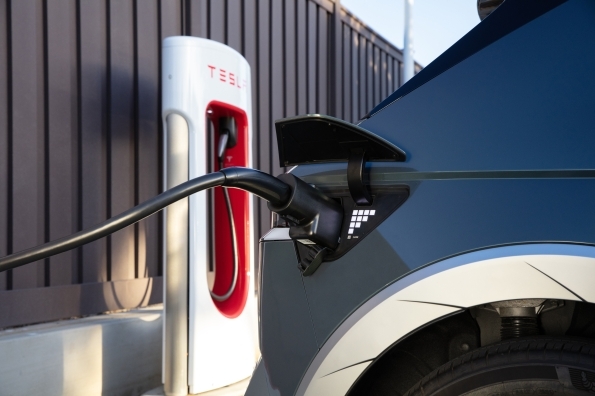For many new electric vehicle owners, the most pressing question is a simple one: “How quickly can I charge my car at home?”
The answer is generally Level 2 charging. It’s faster than a regular wall plug (Level 1) and slower than DC fast charging (Level 3), but it’s the best choice for everyday use. With a Level 2 charger, most drivers can charge their car overnight and wake up to a full battery.
What is Level 2 Charging?
Where Level 1 charging uses a typical 120-volt household wall plug, Level 2 requires connecting to a higher-power, 240-volt circuit — the same kind of electricity used by big home appliances such as electric hot dryers or ovens in North America.
The Power of 240 Volts
Level 2 chargers deliver a power output of between 3.3 kilowatts (kW) and 19.2 kW, while residential units in this classification are generally rated from 7 kW to 12 kW.
| Charging Level | Power Output (kW) | Voltage (V) | Range Added Per Hour (Approx.) | Use Case |
| Level 1 | 1.4 – 2.4 kW | 120V (Standard Wall Outlet) | 3 – 5 miles | Emergency, or very low-mileage daily driving |
| Level 2 | 3.3 – 19.2 kW | 208V/240V (Dedicated Circuit) | 12 – 60 miles | Daily home charging, workplaces, and public parking |
| DC Fast Charging (Level 3) | 50 kW – 350 kW+ | 400V – 900V+ | 100 – 1,000+ miles | Road trips, highway corridors (charges to 80% quickly) |
How Fast Is a Level 2 Charger, Really?
It depends on two key things—the charger’s power (in kW) and the capacity of the car to handle that power.
As a general rule, a common 7.2 kW Level 2 home charger will add about 25 – 30 miles of range per hour to your electric vehicle.
So a vehicle with an 80 kWh battery would take more than 40 hours to charge on Level 1 (a normal wall outlet).
But it should take between eight and twelve hours to top up when connected to a standard Level 2. That makes Level 2 the ideal overnight charging solution – you come home and plug in, then wake up with a “full tank” of driving range.
The Importance of Amperage (Amps)
The speed of charging is generally determined by the current (Amps) that goes through it. In North America, there are residential chargers that run 32A, 40A, and 48A most commonly.
- A 32-Amp charger (the typical home kind) has an output of about 7.7 kW.
- A 48-Amp charger (a “high-power home” unit) provides approximately 11.5 kW.
For the fastest Level 2 charging experience, you need to ensure two things:
Your charger has a high Amperage rating.
Your EV’s onboard charger is capable of accepting that high Amperage.
It doesn’t matter how powerful the charging station is—like an 11.5 kW charger. The charging rate will be slower if the car’s system cannot handle beyond 7.7 kW. The point is that the care will only accept power at the rate it is designed for.
What Influences Your EV Charging Speeds
Charging is not a simple, static procedure. Your actual EV charging speeds will depend on a couple of variables above and beyond the charger’s raw power:
Size and State of Charge (SoC) of the Battery
Bigger batteries take longer to top up. Charging slows down after 80% to protect the battery. With a driving distance of 40 miles a day, your EV is more likely to require nearly two hours on a 7.7 kW Level 2 charger to restore the energy used, making your charging time extremely shorter.
Vehicle Efficiency
And just as you get different miles per gallon (MPG) in various gasoline cars, different EVs use electricity with varying efficiency (miles per kWh). A highly effective EV will add more miles of range per hour than a less efficient one, even if they are both plugged into an identically rated Level 2 charger.
Temperature
Extreme hot or cold weather can cause your battery system to lower the speed at which your vehicle charges. The vehicle can use some energy to precondition the battery to an ideal temperature before and during charging, which can slightly reduce the net energy toward adding range.
A Decent Charging Time: What’s Realistic?
What is the ideal charging speed for an EV?
A 6kW to 7.7kW (Level 2) charger is best for the average daily commuter. This puts 40 – 60 miles of range back in your battery in as little as 2-3 hours, which is great for a full day of driving on nothing but pure electricity!
Over to You…
Learning about the Level 2 charging speed for EVs can help maximize the convenience of your EV. It ensures the ideal balance of speed and battery health for day-to-day driving. If you want to know more about the Level 2 charger or are looking to install it, get in touch with our EV charger installers at EZ EV Electric.
Frequently Asked Questions (FAQ)
How fast is a Level 2 Charger?
A Level 2 charger will add about 12 to 60 miles of range per hour, with the exact number depending on the power (kW/Amps) of the charging station and how quickly your EV can charge. Most home chargers (7.7 kW) will add 25-30 miles per hour, fully charging most EVs overnight (8–12 hours).
How much quicker is a Level 2 than a Level 1?
Level 2 charging is much faster than Level 1. A Level 1 charger will generally give you 3–5 miles of range per hour, whereas a typical Level 2 charger provides 25–30 miles per hour. This is why Level 2 is about five to eight times faster than Level 1, which translates into the number of hours it takes to charge a vehicle from empty to full — i.e., more than 40 hours versus overnight (8-12) for a full charge.
What is the Level 2 charger installation cost?
The total cost of buying and installing a home Level 2 charger usually falls in the range of $1,200 to $2,500, although it can exceed $4,000 if your electrical panel needs significant upgrades or if the wiring run from the panel to the charger location is especially long and complex.




